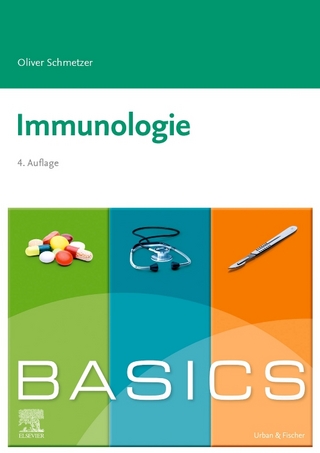
Stress and Mental Disorders: Insights from Animal Models
Oxford University Press Inc (Verlag)
978-0-19-069726-6 (ISBN)
Stress has been recognized as an important factor in the development or recurrence of various mental disorders, from major depressive disorder to bipolar disorder to anxiety disorders. Stressful stimuli also appear to exert their effects by acting upon individuals with susceptible genotypes. Over the past 50 years, animal models have been developed to study these dynamic interactions between stressful stimuli and genetically susceptible individuals during prenatal and postnatal development and into adulthood.
Stress and Mental Disorders: Insights from Animal Models begins with a discussion of the history of psychiatric diagnosis and the recent goal of moving toward precision psychiatry, followed by a review of clinical research on connections between stressful stimuli and the development of psychiatric disorders. Chapters are also included on neuroendocrine, immune, and brain systems involved in responses to stress. Additional chapters focus on the development of animal models in psychiatry and the susceptibility of the developing organism to stressful stimuli. Subsequent chapters are devoted to animal models of specific stress-sensitive psychiatric disorders, including schizophrenia, autism spectrum disorders, bipolar disorder, anxiety disorders, depression, and post-traumatic stress disorder. These chapters also focus on identification of promising molecular targets for development of new drug therapies. The section concludes with a chapter on animal models of resilience to stress-induced behavioral alterations as a newer approach to understanding why some animals are susceptible to stress and others are resilient, even though they are essentially genetically identical. The final chapter discusses how these basic laboratory studies are providing promising leads for future breakthroughs in the diagnosis, treatment, and prevention of mental disorders.
Richard McCarty is Professor of Psychology at Vanderbilt University, where he previously served as Dean of the College of Arts and Science and as Vice Chancellor for Academic Affairs and Provost. He received his PhD from The Johns Hopkins University, then completed a two-year postdoctoral fellowship at the National Institute of Mental Health, where he was a Fellow in the Pharmacology Research Associate Training Program. He later received a National Research Service Award to support sabbatical research at the National Heart, Lung and Blood Institute. His research interests have focused on physiological and behavioral adaptations to stress using a variety of animal models.
Acknowledgements
Introduction
Chapter 1. Psychiatric Illnesses: An Overview
Chapter 2. Making the Case: Stress and Mental Disorders
Chapter 3. Evolution of the Stress Concept
Chapter 4. Stress Effector Systems
Chapter 5. Stress-Sensitive Brain Circuits
Chapter 6. Animal Models in Psychiatry
Chapter 7. Stress, Development, and Epigenetics
Chapter 8. Stress and Schizophrenia
Chapter 9. Stress and Autism Spectrum Disorder
Chapter 10. Stress and Bipolar Disorder
Chapter 11. Stress and Anxiety Disorders
Chapter 12. Stress and Depression Part 1
Chapter 13. Stress and Depression Part 2
Chapter 14. Post-Traumatic Stress Disorder
Chapter 15. Resilience
Chapter 16. Thoughts for the Future
References
Color Plates
| Erscheinungsdatum | 07.05.2020 |
|---|---|
| Verlagsort | New York |
| Sprache | englisch |
| Maße | 239 x 165 mm |
| Gewicht | 1134 g |
| Themenwelt | Geisteswissenschaften ► Psychologie ► Klinische Psychologie |
| Medizin / Pharmazie ► Gesundheitswesen | |
| Medizin / Pharmazie ► Medizinische Fachgebiete ► Psychiatrie / Psychotherapie | |
| Studium ► Querschnittsbereiche ► Infektiologie / Immunologie | |
| ISBN-10 | 0-19-069726-1 / 0190697261 |
| ISBN-13 | 978-0-19-069726-6 / 9780190697266 |
| Zustand | Neuware |
| Haben Sie eine Frage zum Produkt? |
aus dem Bereich


